

WELLINGTON COLLEGE
INTERNATIONAL SCHOOL BANGKOK
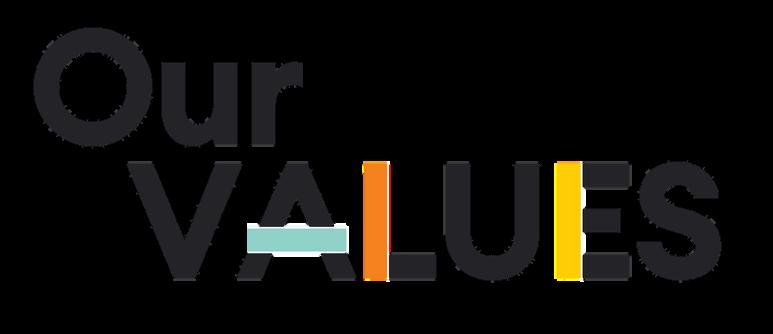
KINDNESS COURAGE INTEGRITY
RESPONSIBILITY RESPECT
At Wellington, values shape everything that we do, every day. They are part of every lesson, every conversation, every game. They provide continuity from year to year, and we are proud to walk in the footsteps of Wellingtonians before us.
The pioneering Wellington education, steeped in these values, prepares students to serve, and help shape the world of tomorrow.
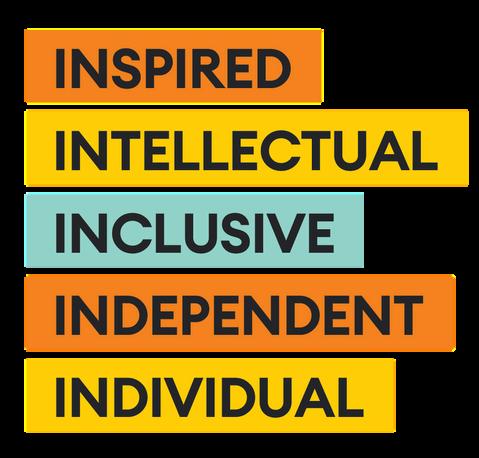
Art & Design
This curriculum guide outlines the structure of the Edexcel A Level in Art & Design (Fine Art). The course is designed to develop students’ technical, creative, and critical skills through a balance of practical investigation, contextual research, and personal response.
The course is assessed in two main components:
Component 1: Personal Investigation (60% of the qualification). This includes both the Personal Portfolio and the Personal Study (1000–3000 word written analysis).
Component 2: Externally Set Assignment (40% of the qualification). This culminates in a 15hour supervised examination.
Throughout Years 12 and 13, students will build on key skills in research, experimentation, analysis, and presentation, leading to resolved and meaningful personal outcomes
Exam board specification:
Pearson Edexcel
Michaelmas Term Introduction:
Topic
Induction project

Key Skills
Develop a broad range of technical skills with different media
Collect, record, and respond to visual information using a ra
Select, give context to, and organise ideas coherently
Evaluate and annotate work critically
Analyse artists' work in depth

Art & Design
Assessment
Assessment is both formative and summative at key points throughout each term, ensuring regular feedback and reflection. Students are assessed on:
Recording from primary sources, media experimentation, and contextual research
Generating and refining personal ideas and intentions
Exploring and selecting appropriate media, materials, and processes
Linking practical and written work in a coherent way
Refining and presenting work into resolved and meaningful outcomes
Lent Term
Topic
Component 1: Personal Investigation


Key Skills
Develop a personal theme with clear intention
Collect, record, and respond to visual information using diverse approaches
Select appropriate materials and techniques to suit intention
Organise ideas into a coherent portfolio structure
Evaluate, refine, and adapt work, critically reviewing progress
Present and explain supporting studies effectively
Assessment
Formative and summative reviews of the portfolio take place at key assessment points, with teacher feedback focused on alignment with the assessment objectives. The Personal Investigation is marked internally and moderated externally by Edexcel, and it contributes 60% of the overall qualification.
SummerTerm
Topic
Component 1: Personal Investigation & Personal Study
Key Skills
Select and propose a contextual enquiry relevant to practical work
Write a proposal and draft structure for the Personal Study
Develop extended contextual analysis skills
Discuss and present personal study ideas
Use images effectively to support written analysis
Refine experimental work through review and feedback
Make informed decisions about final ideas
Assessment
Formative and summative reviews of the portfolio and personal study take place at key assessment points, with teacher feedback focused on alignment with the assessment objectives. The Personal Investigation is marked internally and moderated externally by Edexcel, and it contributes 60% of the overall qualification. Within this, the Personal Study accounts for one-fifth of the total.


Exam board specification:
International Pearson Edexcel
Michaelmas Term
Topic
Molecules, Transport and Health
Membranes, Proteins, DNA and Gene expression
Cell structure, reproduction and development
Key Skills
Practical skills
Mathematical skills
Assessment
Endof topic assessments

Lent Term
Topic
Molecules, Transport and Health (continued)
Cell structure, reproduction and development (continued)
Plant structure and function, biodiversity and conservation
Key Skills
Practical skills
Mathematical skills
Assessment
End of topic assessments
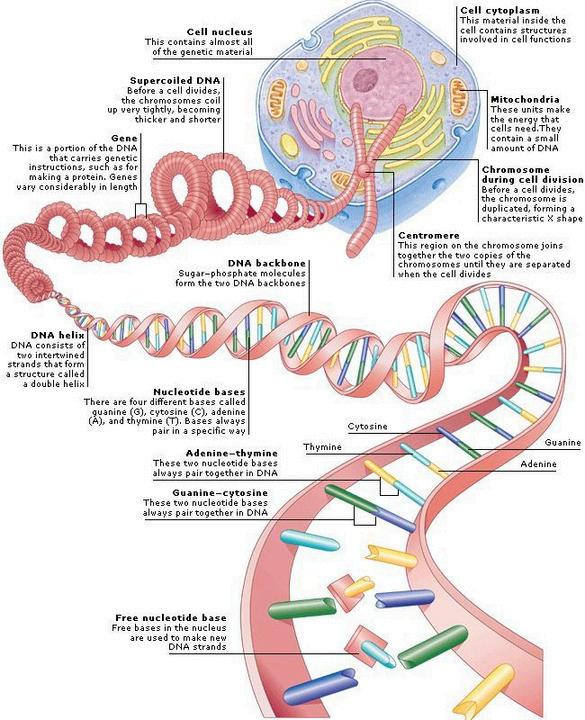
SummerTerm
Topic
AS Examinations
Begin A2 course:
S - Energy flow, ecosystems and the environment
Key Skills
Practical skills
Mathematical skills
Assessment
AS Examinations
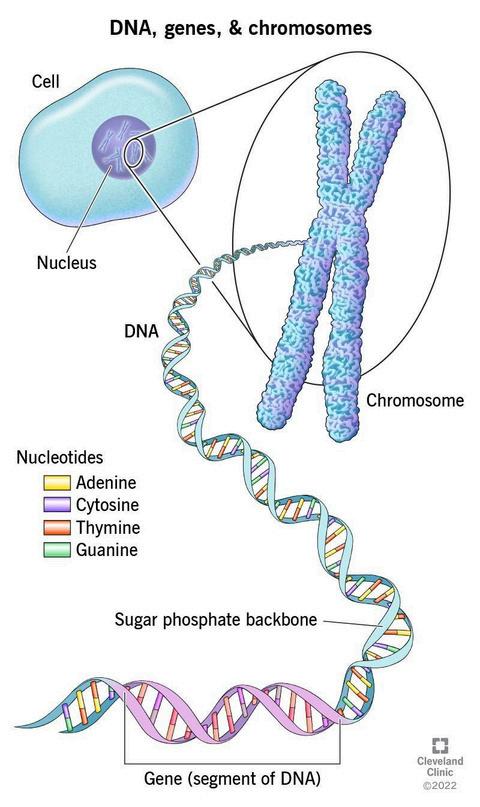
Michaelmas Term
Topic
Unit 1: Marketing and People
Unit 2: Managing Business Activity
Key Skills
AOl: knowledge and understanding of terms, concepts, theories, methods and models
A02: Apply knowledge and understanding to various business contexts to show how individuals and organisations are affected by and respond to issues
A03: Analyse business issues, showing an understanding of the causes, costs and consequences for individuals and organisations
A04: Evaluate evidence to make informed judgements and propose evidence-based solutions to business issues
Assessment
End of topic tests
End of term test Exam board specification:
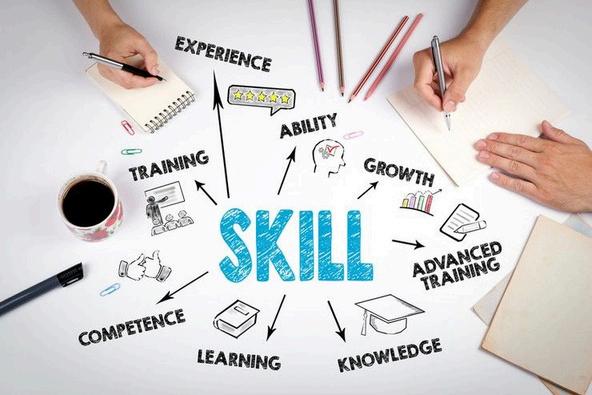
Lent Term
Topic
Unit 1: Marketing and People
Unit 2: Managing Business Activity
Key Skills
AOl: knowledge and understanding of terms, concepts, theories, methods and models
A02: Apply knowledge and understanding to various business contexts to show how individuals and organisations are affected by and respond to issues
A03: Analyse business issues, showing an understanding of the causes, costs and consequences for individuals and organisations
A04: Evaluate evidence to make informed judgements and propose evidence-based solutions to business issues
Assessment
End of topic tests
End of term test

Topic
Revision and exam preparation
Key Skills
AOL: knowledge and understanding of terms, concepts, theories, methods and models
A02: Apply knowledge and understanding to various business contexts to show how individuals and organisations are affected by and respond to issues
A03: Analyse business issues, showing an understanding of the causes, costs and consequences for individuals and organisations
A04: Evaluate evidence to make informed judgements and propose evidence-based solutions to business issues
Assessment
Unit1 and Unit 2 XBSll external examination

Exam board specification:
Cambridge International Education
Michaelmas Term
Topic
Information representation
Communication
Hardware
Processor Fundamentals
Data Types and Structures
Algorithm Design and Problem-solving

Key Skills
Show understanding of binary magnitudes and the difference between binary prefixes and decimal prefixes, show understanding of different number systems Perform binary addition and subtraction
Show understanding of lossy and lossless compression and justify the use of a method.
Show understanding of thin-client and thick-client, show understanding of cloud computing
Describe the principal operations of hardware devices
Assessment
End-of-unit test
Topic
System Software
Security, privacy and data integrity
Ethics and Ownership
Databases
Software Development
Programming

Key Skills
Explain why a computer system requires an Operating System (OS) Notes and guidance Explain the key management tasks carried out by the Operating System
Explain the difference between the terms security, privacy and integrity of data
Show understanding of the need for and purpose of ethics as a computing professional
Use an entity-relationship (E-R)diagram to document a database design Show understanding of the normalisation process
Write pseudocode using the three basic constructs of sequence, selection and iteration (repetition)
Implement and write pseudocode from a given design presented as either a program flowchart or structured English
Assessment
End-of-unit test
Topic
Revision and exam preparation
Key Skills
Exam technique & revision
Assessment
Paper1 Theory Fundamentals
Paper 2 Fundamental Problem-solving and Programming Skills

Michaelmas Term
Topic Topics 1-5
Unit 1: Structure Bonding and Introduction to Organic Chemistry
Key Skills
Independent thinking in a practical context
Apply scientific knowledge
Present data in appropriate ways
Evaluate results and draw conclusions
Measurement of uncertainties and errors
Assessment
End ofTopic tests and End of Unit Tests

Topic
Topics 6-10 Unit 2: Energetics, Group Chemistry, Halogenoalkanes and alcohols
Key Skills
Identify health and safety issues
Consider range and resolution of apparatus,
Recognise a range of lab equipment and appropriate equipment
Assessment
Mock Examinations all content


Summer Term
Topic
External Examinations Unit 1, Unit 2 and Unit 3 Examinations
Key Skills
Exam Technique and Practice
Assessment
External Examinations
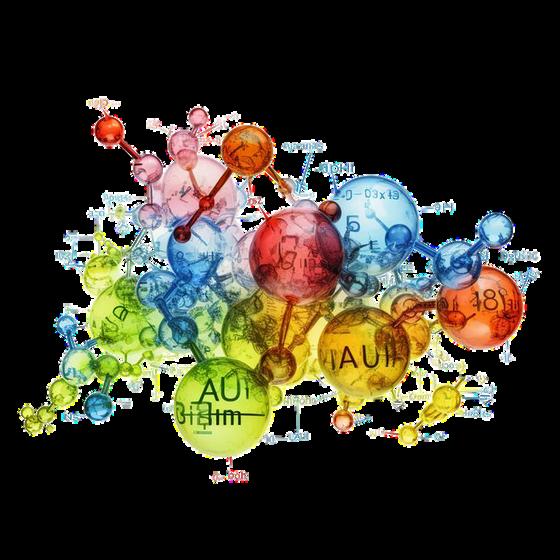

Exam board specification:
Cambridge International Education
Michaelmas Term
Topic
The design process
Design principles
Communication
Design and technology in society

Key Skills
The concept of good design
The influence of the following design movements on the design of products
Presentation techniques
Enhancement techniques
First and third angle orthographic working drawings
The use of digital technology to communicate
The impact design and technology
How products can be inclusive or exclusive in their design
Assessment
Topic test, NEA coursework ongoing
Topic
Sustainable design
Health and safety
Aesthetics and ergonomics
Materials and components
Key Skills
Exam Technique and Practice
Assessment
Topic test, NEA coursework ongoing
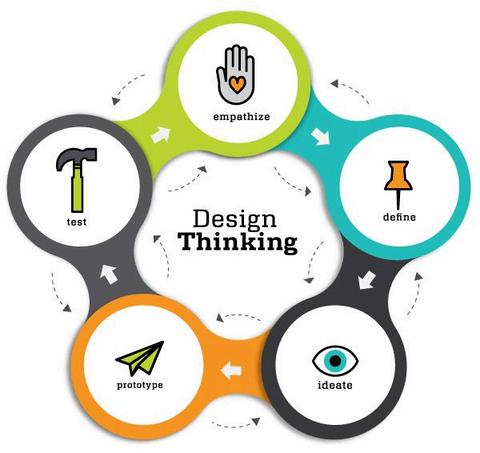
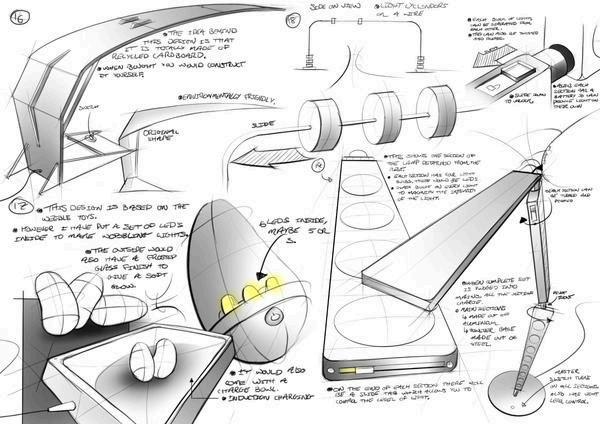
SummerTerm
Topic
Stages in materials processing
Materials processing
Energy and control systems
Technology
Key Skills
Exam Technique and Practice
Assessment
External Examinations
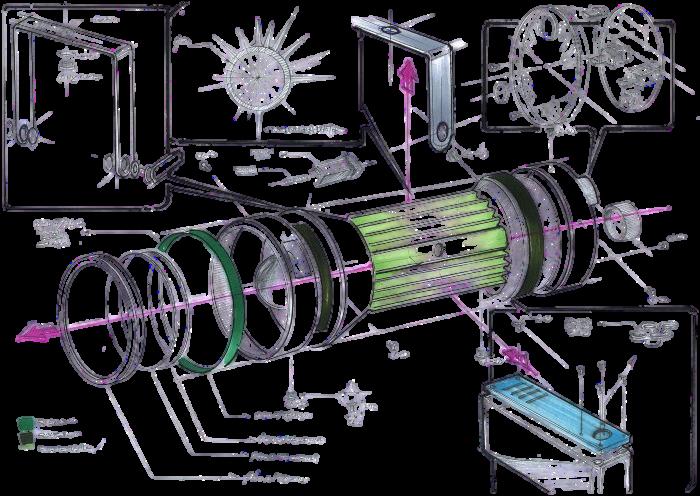
Michaelmas Term
Topic
Exploration of Performance Texts & Devising Foundations
Key Skills
Understanding of dramatic structure and genre.
Application of practitioner influence in performance.
Development of collaborative devising strategies.
Analytical writing on text and performance.
Assessment

AO1: Create and develop ideas to communicate meaning.
AO3: Demonstrate knowledge and understanding of how drama and theatre is developed and performed.

Lent Term
Topic
Devising Project Development & Live Theatre Evaluation
Key Skills
Vocal and physical characterisation.
Ensemble collaboration and refinement.
Reflective writing and critical evaluation.
Understanding of audience impact and design choices.
Assessment
AO2: Apply theatrical skills to realise artistic intentions.
AO4: Analyse and evaluate own work.
AO3: Evaluate live theatre performance.

DRAMA &THEATRE
SummerTerm
Topic
Completion of Devising Component & Introduction to Text-Based Performance
Key Skills
Performance discipline and rehearsal technique.
Script interpretation and character motivation.
Technical precision in staging and delivery.
Preparation forYear 13 performance exam.
Assessment
AO1, AO2, AO4 for Component 1
AO2 for Component 2
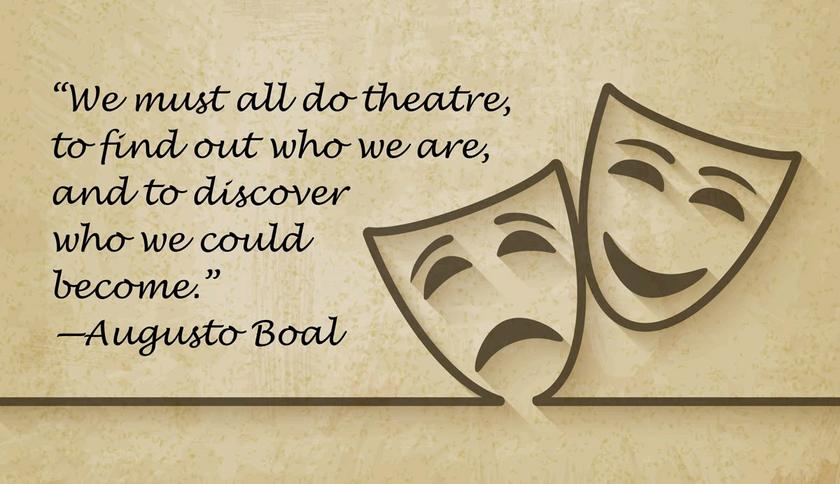
Exam board specification: International Pearson Edexcel
Michaelmas Term
Topic
Microeconomics: Introductory concepts
Consumer behaviour and demand
Supply
Price determination
Macroeconomics: Measures of economic performance
Aggregate demand (AD)
Aggregate Supply (AS) - SRAS vs LRAS
National income

Key Skills
Microeconomics:
Critical thinking and analysis
Assessing the role of incentives in shaping economic behaviour
Applying microeconomic models to analyse real-world scenarios, such as pricing decisions and consumer choices
Interpreting graphs and charts related to supply and demand and market equilibrium
Macroeconomics: Evaluating the effectiveness of different macroeconomic policies
Analysing the causes and consequences of economic fluctuations
Assessing the impact of global economic events on domestic economies
Applying macroeconomic models to understand the relationships between key economic variables, such as inflation, unemployment, and output
Interpreting graphs and charts related to macroeconomic indicators, such as GDP, inflation rates, and unemployment rates
Assessment
End-of-unit tests
End-of-term test
Lent Term
Topic
Microeconomics: Market failure
Government intervention in markets
Macroeconomics: Economic growth

Macroeconomic objectives and policies
Key Skills
Quantitative skills: Calculations, percentages, ratios, data analysis
Written communication: Clear, concise, well-structured essays and reports
Research skills: Gathering, evaluating, and synthesising information
Presentation skills: Oral communication of economic findings
Assessment
End-of-unit tests
End-of-term test
SummerTerm
Topic
Microeconomics:
Revision and exam preparation
Macroeconomics:
Revision and exam preparation
Key Skills
Examination technique
Assessment
AS micro and macro exams

Exam board specification:
International Pearson Edexcel
Michaelmas Term
Topic
Unit 1: Post 2000 Poetry - Forward Collection
Unit 2: William Shakespeare's Othello

For Unit 1 Post-2000 Poetry, students will study an anthology of modern poems and respond to how poets use a variety of literary forms and devices to achieve effects and convey key messages.
They will learn new poetic terminology and explore connections across poems, as they are required to write a comparative essay at the end of the module. They will continue to develop their written analytical skills when responding to literary texts and master the language and conventions of comparison.
AOs: AOl, AO2, AO4
ForUnit 2 students will study how Shakespeare uses dramatic forms to evoke responses in audiences in his play Othello. They will research and apply knowledge of the context in which the play has been produced and received and develop an understanding of how the context influences meaning. As the term progresses, students will begin to make interpretations independently building on their analytical and critical thinking skills developed in the study of literary texts as IGCSE. Finally, students will explore and extend their application of ways to construct critical arguments in written essay responses on a pre-1900 drama text
Key Skills
Inference
Application of literary and poetic terminology
Written accuracy
Synthesising information
Application of critical interpretations
Essay structuring and writing
Close textual analysis
Evaluation
Assessment
Comprehension
Annotation
Research
Working under timed conditions
Expressing and presenting ideas effectively
Teamwork and collaboration
Comparative skills and exploring connections
Essay response completed as prep once every two weeks.
Timed essay response for Othello and Poetry at end of each half term.
Topic
•Unit 1: Post-2000 Prose: Purple Hibiscus by Ngozi Adichie
•Unit 2: Arthur Miller's Death of a Salesman
Key Skills
Inference
Application of literary terminology
Written accuracy
Synthesising information
Application of critical interpretations
Essay structuring and writing
Close textual analysis
Evaluation
Assessment
Comprehension
Annotation
Research
Working under timed conditions
Essay response completed as prep once every two weeks.
Timed essay response for Death of a Salesman and Purple Hibiscus at end of each half term.

SummerTerm
Topic
Unit 1: Revision of Poetry and Prose texts and development/refinement of exam skills and strategies
Unit 2: Revision of set drama texts and development of exam skills and if time allows, start looking at the Post-1900 Unseen Poetry Paper or Prose (both to be covered in Year 13)
Key Skills
Further developing
Application of literary and poetic terminology
Written accuracy
Synthesising information
Application of critical interpretations
Essay structuring and writing
Close textual analysis
Working under timed conditions
Responding to and implementing feedback
Assessment
Essay response completed as prep once every two weeks

Unit 1: Open book mock; Section A: One comparative essay from a choice of 2 poems, one named; Section B: one essay question from a choice of 2 on Purple Hibiscus
Unit 2: Open book mock examination
Section A: One essay question on Othello; Section B: One essay question on Death of a Salesman
Michaelmas Term
Topic
Unit 1: Global Challenges - This unit allows students to explore key global issues in countries at various development levels. It is divided into two topics: World at Risk (physical geography and people-environment interactions) and Going Global (human geography).
Key Skills
"World at Risk" and "Going Global" both enhance critical analysis skills through case study evaluation and trend analysis. They promote independent research and problemsolving for risk management while deepening understanding of natural hazards and globalization's effects on migration and urbanization challenges. Additionally, students improve communication through presentations and essay writing, and develop proficiency in data interpretation, including analysis of large datasets and statistical calculations.
Assessment
Students must answer all questions in Section A and one question in Section B
Section A consists of data response and short-answer questions. Section B makes use of students' own ideas and consists of a choice ofTopic 1: World at Risk orTopic 2: Going Global longer/guided essay questions
LentTerm
Topic
Unit 2 - This unit has two compulsory topics. Topic 1: Crowded Coasts and Topic 2: Urban Problems, Planning and Regeneration. Both of these topics have a local and global focus, which should be reinforced through the use of local geographical investigations. Students must carry out a geographical investigation which includes both research and fieldwork, in relation to Topic 1 OR Topic 2
Key Skills
Students acquire key skills in geographical analysis, data interpretation, and research, They develop a deep understanding of topics studied. Fieldwork and research opportunities further enhance their ability to apply theoretical concepts to real-world scenarios and develop a greater understanding of the connectedness of our world and geography.
Assessment
Students must answer all questions in Sections A and Band one question in Section C. Section A consists of data response and short-answer questions on Topic 1: Crowded Coasts and Topic 2:Urban Problems, Planning and Regeneration
Section B consists compulsory short-answer questions on research and fieldwork investigation (familiar context)
Section C consists of a choice of one unfamiliar context fieldwork question, broken down into short-answer questions, on eitherTopic 1: Crowded Coasts orTopic2: Urban Problems, Planning and Regeneration

SummerTerm
Topic
Unit 2 - This unit has two compulsory topics. Topic 1: Crowded Coasts and Topic 2: Urban Problems, Planning and Regeneration. Both topics have a local and global focus, which should be reinforced using local geographical investigations. Students must carry out a geographical investigation which includes both research and fieldwork, in relation to Topic 1 OR Topic 2
Key Skills
Students acquire key skills in geographical analysis, data interpretation, and research. They develop a deep understanding of topics studied. Fieldwork and research opportunities further enhance their ability to apply theoretical concepts to real-world scenarios and develop a greater understanding of the connectedness of our world and geography.
Assessment

Students must answer all questions in Sections A and Band one question in Section C. Section A consists of data response and short-answer questions on Topic 1: Crowded Coasts and Topic 2: Urban Problems, Planning and Regeneration
Section B consists compulsory short-answer questions on research and fieldwork investigation (familiar context)
Section C consists of a choice of one unfamiliar context fieldwork question, broken down into short-answer questions, on eitherTopic 1: Crowded Coasts orTopic 2: Urban Problems, Planning and Regeneration
Exam board specification:
Pearson Edexcel
Michaelmas Term
Topic
Unit 2: Breadth Study with Source Evaluation
lA: India,1857-1948: The Raj to Partition
Key Skills
Section A comprises one compulsory question in two parts, which assesses the ability to analyse and evaluate two sources (A02). Section B comprises a choice of three essays, which assess understanding of the period in depth (AOl).
Assessment
Assessment overview: Students answer two questions: one from Section A and one from Section B. A source booklet is provided for Section A.
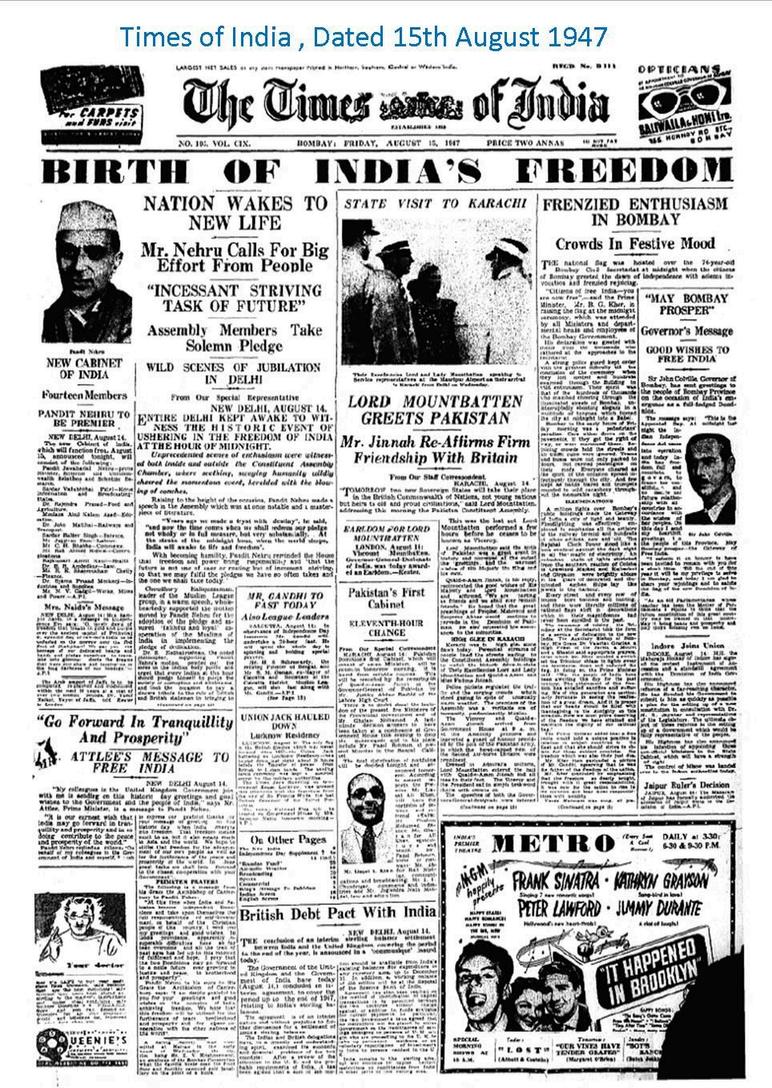
Lent Term
Topic
Unit 1: Depth Study with Interpretations
lC: Germany,1918-45
Key Skills
Essay questions assess understanding of the period in depth (AOl) and the ability to analyse and evaluate historical interpretations (A03)
Assessment
Each paper has four questions. Students must answer two 25-mark essay questions from a choice of four.

Topic
Completion and revision of units 1 and 2
Key Skills
Essay questions assess understanding of the period in depth (AOl) and the ability to analyse and evaluate historical interpretations (A03)
Assessment
External AS Examination: 2 x 2 hr papers covering the two topics covered in Year 12.

Exam board specification:
Pearson Edexcel
Michaelmas Term
Topic
Theme 1: Chinese Family & Society
Theme 2: Chinese culture

Key Skills
To demonstrate an understanding of modern Chinese society through speaking and writing
To be able to use background knowledge of Chinese society to analyse social phenomena in modern China
To show a full understanding of the literary text and film and be able to analyse various questions derived from the literature texts and films
Assessment
Internal unit assessment in A-level exam style, including speaking, listening, reading, and writing paper.
Lent Term
Topic
Theme 3: The Transformation of China

Key Skills
To demonstrate an understanding of the interconnection of policy, economics, technology, and humanities in modern China
To be able to debate, criticise, and analyse social phenomena under the topics covered
To show a full understanding of the literary text and film and be able to analyse various questions derived from the literature texts and films

Assessment
Internal unit assessment in A-level exam style, including speaking, listening, reading, and writing paper.
Topic
Theme 4: The Influence on China from Reform and Opening up in 1978
Key Skills
To demonstrate an understanding of the interconnection of policy, economics, technology, and humanities in modern China
To be able to debate, criticise, and analyse social phenomena under the topics covered.
To show a full understanding of the literary text and film and be able to analyse various questions derived from the text
Assessment
Internal unit assessment in A-level exam style, including speaking, listening, reading, and writing paper.

Michaelmas
Topic
Pure 1 and Statistics 1
Key Skills
Mathematical Notation
Graphical representation
Problem solving
Assessment
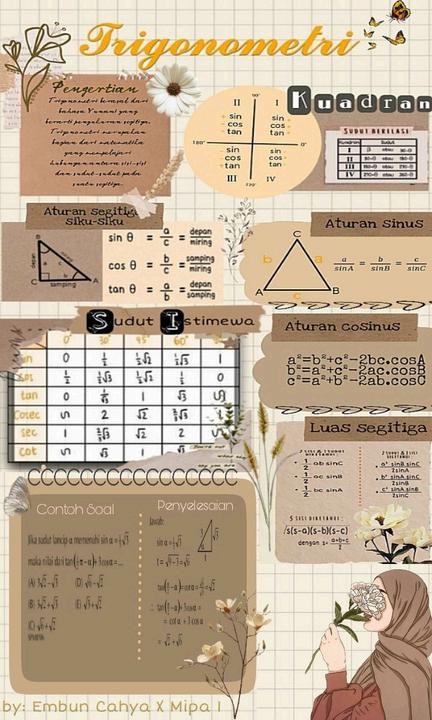
End ofTopic tests, Continuous assessment of prep and worksheets. Assessment of student contribution in Harkness.
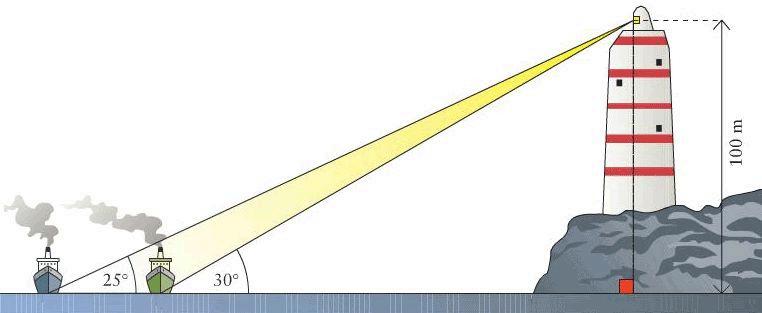
Lent Term
Topic
Pure 1, Statistics 1, Pure 2

Key Skills
Mathematical Notation
Graphical representation
Use of technology (graphical calculator)
Problem solving
Assessment
End ofTopic tests, Continuous assessment of prep and worksheets. Assessment of student contribution in Harkness.
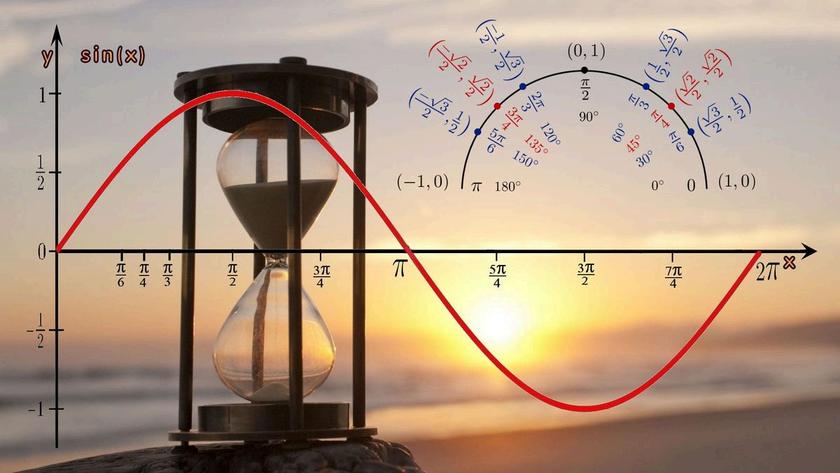
SummerTerm
Topic
Pure 2, Statistics 1
Key Skills
Mathematical Notation
Graphical representation
Use of technology (graphical calculator)
Problem solving
Assessment
End ofTopic tests, Continuous assessment of prep and worksheets. Assessment of student contribution in Harkness.
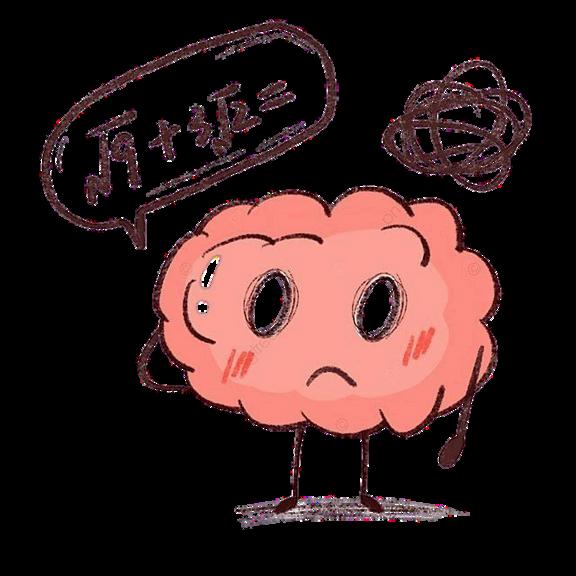
Michaelmas Term
Topic
Pure 1 and 2, Statistics 1
Statistics
Representation and Summary of Data
Conditional and Dependent Probability
Correlation and Modelling
Key Skills
Mathematical Notation
Graphical representation
Problem solving
Assessment
End ofTopic tests, Continuous assessment of prep and worksheets. Assessment of student contribution in Harkness.
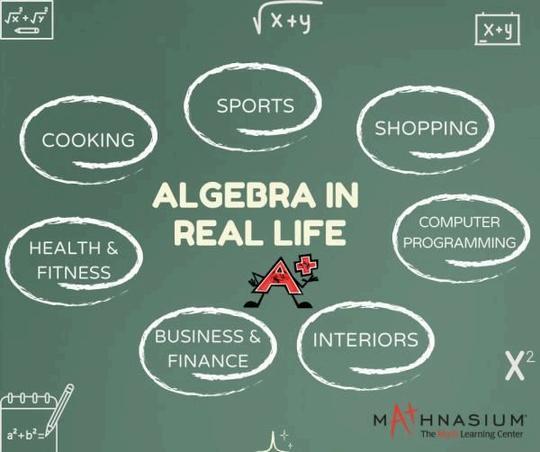
Lent Term
Topic
Pure3 and 4, Statistics 1, Mechanics 1
Statistics
The Normal Distribution
Mechanics
Quantities and units
Vectors
Straight-line Kinematics
Forces
Key Skills
Mathematical Notation
Graphical representation
Use of technology (graphical calculator)
Problem solving

Assessment
End ofTopic tests, Continuous assessment of prep and worksheets. Assessment of student contribution in Harkness.
SummerTerm
Topic
Pure 4, Mechanics 1
Key Skills
Mathematical Notation
Graphical representation
Problem solving
Assessment
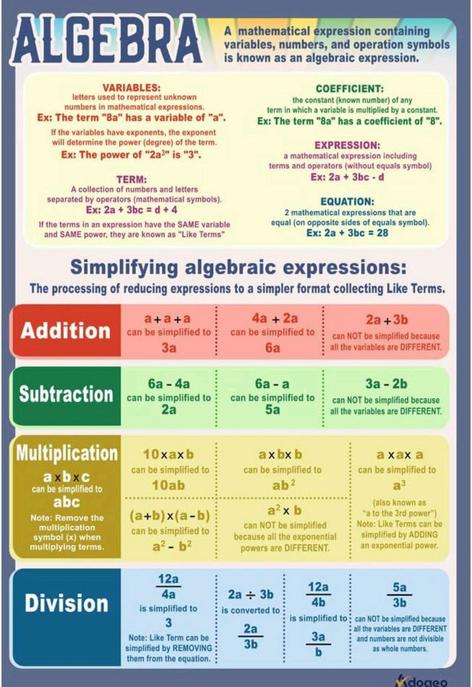
End of year examination. End ofTopic tests, Continuous assessment of prep and worksheets. Assessment of student contribution in Harkness.

Exam board specification:
Cambridge International Education
Michaelmas Term
Topic
Classical, Romantic, and 20th Century Music
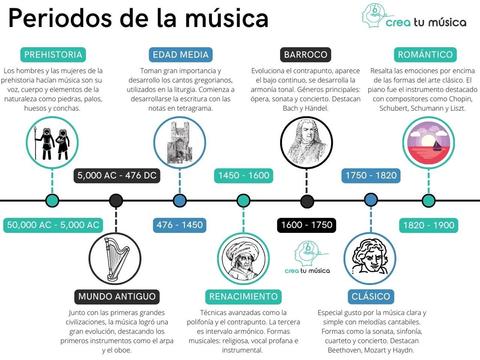
Key Skills
Critical Listening: Training students to discern and evaluate the stylistic characteristics, expressive elements, and formal structures present in musical compositions from each period
Analytical Thinking: Encouraging students to deconstruct and analyse musical scores, identifying thematic developments, harmonic progressions, and stylistic features unique to Classical, Romantic, and 20th-century music
Historical Understanding: Providing students with a contextual understanding of how societal, cultural, and artistic factors influenced the development of music during different historical periods
Expressive Interpretation: Cultivating students' ability to interpret and perform musical works with sensitivity to the stylistic nuances and expressive gestures inherent in Classical, Romantic, and 20th-century repertoire
Research and Inquiry: Fostering independent research skills by guiding students to explore primary and secondary sources, musicological literature, and digital resources to deepen their understanding of key composers, compositions, and musical trends
Assessment
Weekly quizzes assessing comprehension of music theory concepts and analytical skills
Assignments requiring students to analyse and interpret musical pieces discussed in class
Active participation in class discussions and presentations on assigned topics
Comprehensive term-end examination covering theoretical knowledge and practical application of concepts learned throughout the term
Lent Term
Topic
Baroque Music /Section A
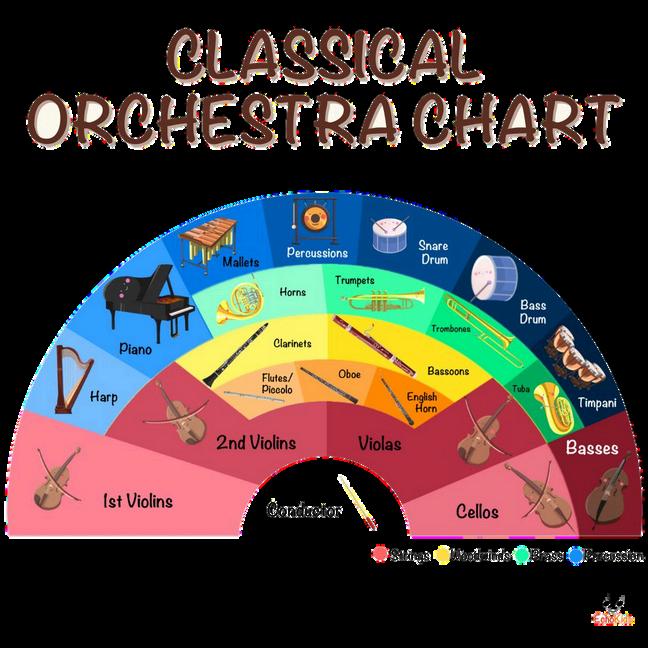
Key Skills
Listening and Analysis: Students develop their listening skills by critically engaging with Baroque compositions. They learn to identify stylistic features, instrumentation, and structural elements through active listening exercises and score analysis
Historical Context: Students explore the influence of religious, political, and cultural factors on Baroque music, gaining a deeper understanding of how historical context shaped musical developments
Score Analysis: Students learn to analyse musical scores of Baroque compositions, identifying contrapuntal techniques, harmonic progressions, and formal structures. They develop the ability to read and interpret scores accurately, gaining insights into the compositional techniques employed by Baroque composers
Performance Practice: Students explore topics such as ornamentation, improvisation, and the use of period instruments, gaining an understanding of how performance practices have evolved over time
Critical Thinking and Interpretation: Students are encouraged to critically evaluate Baroque repertoire, considering different interpretations and perspectives. They learn to articulate their own interpretations of the music, supported by evidence from the score and historical context
Research Skills: Students develop research skills through independent study of Baroque composers, repertoire, and historical topics. They learn to access and evaluate primary and secondary sources, synthesizing information to deepen their understanding of Baroque music
Assessment
Listening: Students listen to excerpts from Baroque compositions and answer questions that assess their knowledge of composers, genres, stylistic features, and historical context
Essay Questions: Students respond to essay questions that require them to demonstrate their understanding of broader themes and concepts related to Baroque music. Topics may include the role of Baroque music in society, the influence of key composers and patrons, and the development of musical forms and genres
SummerTerm
Topic
Coursework/ Revision
Key Skills
Coursework Focus:
Composing original musical pieces to demonstrate creativity and technical proficiency
Analysing historical and contemporary musical works to develop critical thinking skills
Practicing solo and ensemble performances to enhance confidence and stage presence
Revision Objectives:
Consolidating theoretical knowledge in areas such as harmony, structure, and musical context
Fine-tuning listening skills through exposure to diverse musical genres
Engaging in mock examinations and targeted study sessions to prepare for end-of-year assessments
Assessment
The end of year assessment typically comprises a combination of practical performances, written examinations, and coursework submissions. Practical assessments may include solo or ensemble performances where students showcase their instrumental or vocal skills, interpretative abilities, and stage presence. Written examinations assess theoretical knowledge, including topics such as harmony, composition techniques, musical analysis, and historical context. Coursework submissions often involve original composition projects, historical investigations, and reflective essays.
Exam board specification: Pearson Edexcel
Michaelmas Term
Topic Applied Anatomy and Physiology
Skill Acquisition
PHYSICAL EDUCATION

Key Skills
Understanding and applying technical terms and concepts
Practical application of theory through activities and sports contexts
Data analysis and interpretation related to fitness and nutrition
Use of diagrams, videos, group activities, and practical sessions for reinforcement
Development of personal training programmes and dietary plans
Application of contemporary technologies in monitoring fitness and performance
PHYSICAL EDUCATION
Assessment
Tests for each topic area
Group presentations and factsheets
Peer marking and evaluations
Practical assessments and application of theory to practice
Lent Term
Topic
Sport Psychology, Sport and Society
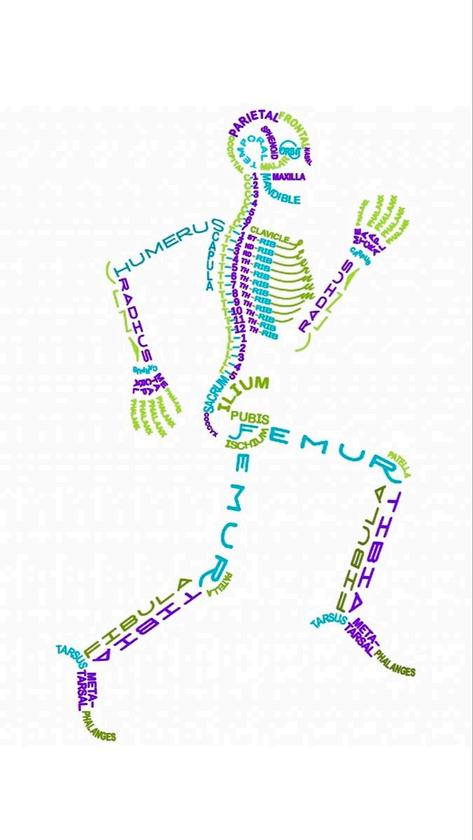
PHYSICAL EDUCATION
Key Skills
Understanding and application of psychological theories to sports contexts
Analysis and interpretation of individual and group behaviours
Application of strategies to enhance performance and manage psychological factors.
Critical thinking and evaluation of performance-related factors
Goal setting and motivation techniques for performance optimisation
Assessment
Online tests and quizzes to assess understanding of theories
Case studies and practical experiments to apply theories in real-world scenarios
Self-assessment using psychological scales and tools (e.g., Sports Motivation Scale)
Classroom experiments and group discussions to explore social facilitation and group dynamics
Mock exams covering all topics for comprehensive assessment and identification of areas for improvement
Peer presentations, exam questions, and peer marking for revision and consolidation of knowledge
SummerTerm
Topic
Sport Psychology
Sport and Society
Work Covered
Sport Psychology
Understanding self-confidence, self-concept, and sport-specific confidence models
Exploring Bandura's Self-EfficacyTheory and factors affecting confidence
Analysing learned helplessness and its impact on performance
Reviewing progress in practical performance and identifying areas for improvement
Sport and Society
Exploring ethics, deviance, and their impact on sportsmanship
Investigating types of deviance in sports and responsesfrom governing bodies
Analysing the relationship between sport and media, including technological impacts
Understanding talent identification and development pathways in different countries
PHYSICAL EDUCATION

Key Skills
Defining key psychological concepts
Applying psychological theories to sports scenarios
Conducting research and self-assessment to understand confidence factors
Analysing performance and identifying improvement areas
Analysing ethical issues and deviant behaviours in sports
Evaluating the role of media in shaping sports culture
Researching and comparing talent development strategies globally
Assessment
Self-assessment through questionnaires and online tests
Learner-led research on sports psychology concepts
Practical assessment of performance progress and improvement
Debate and discussion on ethical issues in sports
Research projects on media coverage and talent development
Case studies evaluating talent identification and development programmes
Exam board specification:
Cambridge International Education
Michaelmas Term
Topic
Physical Quantities and Units, Kinematics, Dynamics, Forces, Work Energy and Power, Density and Pressure & Deformation of Solids
Key Skills
Demonstrate knowledge and understanding of scientific phenomena, facts, laws, definitions, concepts and theories
Manipulate numerical and other data
Use information to identify patterns, report trends and draw conclusions
Plan experiments and investigations
Evaluate methods and quality of experimental data
Assessment
On-going assessment throughout the topic & end-of-unit tests. Classwork, prep-work assessed to exam criteria, Controlled tests with CIE examination questions
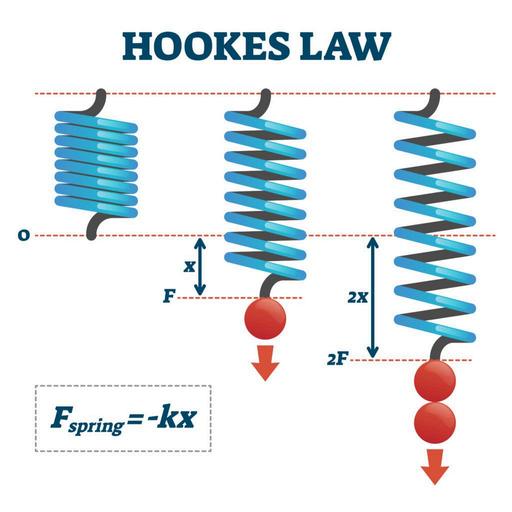
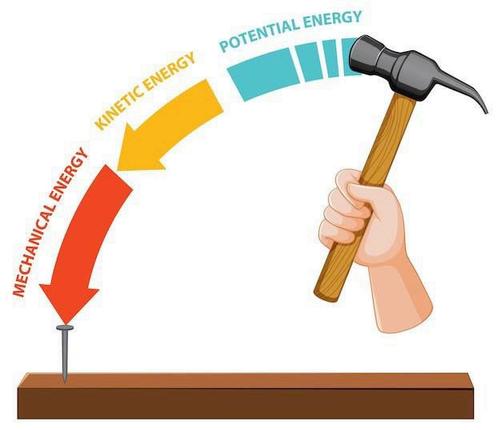
Topic
Waves and Superposition, Electricity, DC Circuits, Particle Physics
Key Skills
Demonstrate knowledge and understanding of scientific phenomena, facts, laws, definitions, concepts and theories
Manipulate numerical and other data
Use information to identify patterns, report trends and draw conclusions
Plan experiments and investigations
Evaluate methods and quality of experimental data
Assessment
On-going assessment throughout the topic & end-of-unit tests. Classwork, prep-work assessed to exam criteria, Controlled tests with CIE examination questions
SummerTerm
Key Skills
N/A
Assessment
Externally assessed examinations
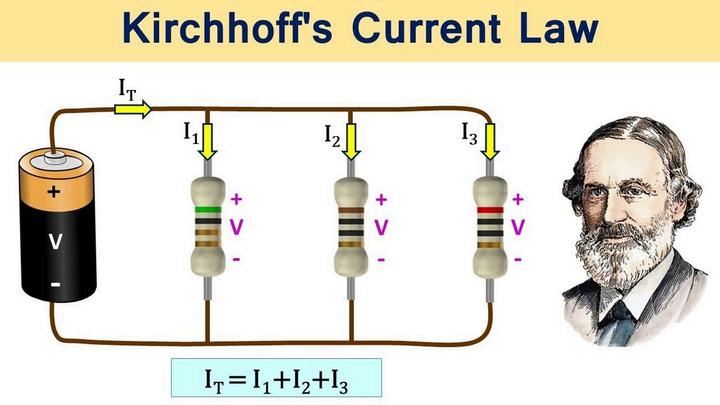
Exam board specification:
Cambridge International Education
Michaelmas Term
Topic
Cognitive Psychology
Learning Psychology
Key Skills
The Experimental Method
Observation
Correlations
Tests of Difference
Statistical Significance
Design
Assessment
Weekly study tests
Half termly past paper exams
AOl - Knowledge and understanding
AO2 - Application
AO3 - Evaluation and Analysis
Sampling Techniques
Data interpretation
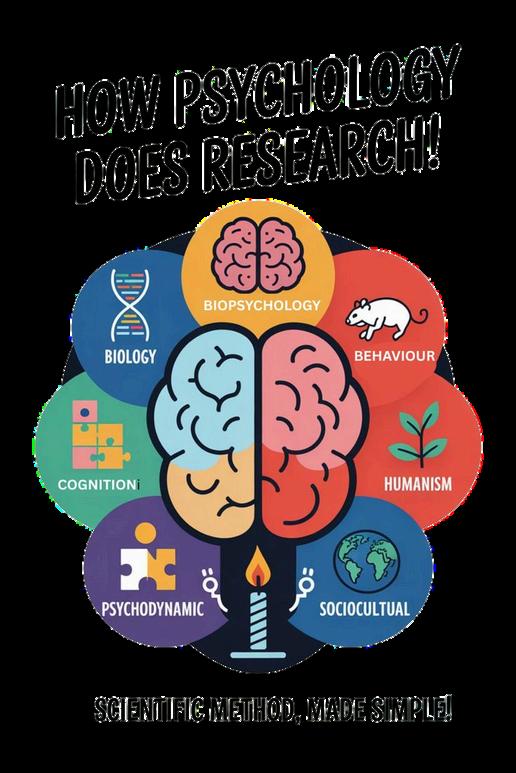
Validity
Reliability
Ethics
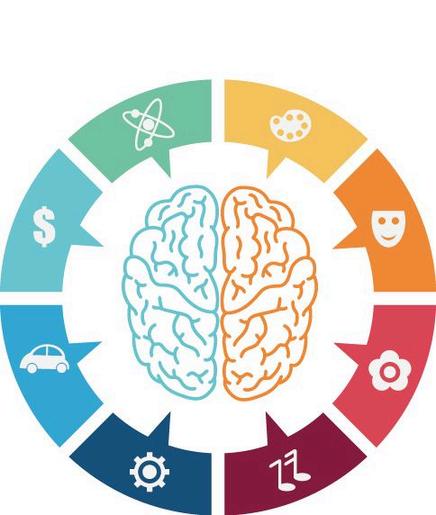
Lent Term
Topic
Biological Psychology
Social Psychology
Key Skills
Observations
Self-Reports
Psychometric Testing
Case Studys
Assessment
Weekly study tests
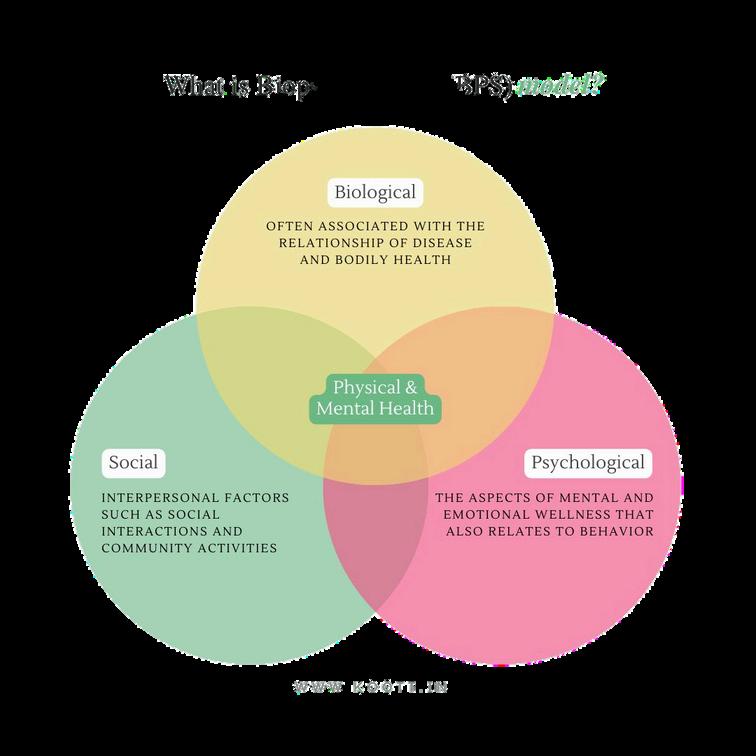
Cross cultural studies
Longitudinal studies
Brain scanning techniques
Twin studies
Half termly past paper exams
AOl - Knowledge and understanding
AO2 - Application
AO3 - Evaluation and Analysis
Design a study - AO2 and 3
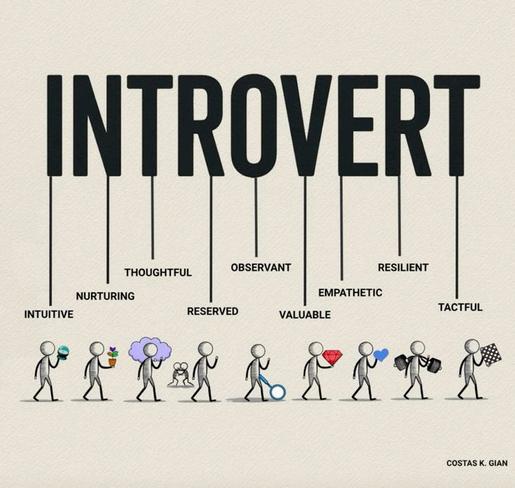
Topic
Biological Psychology
Social Psychology
Key Skills
Applied Psychology
Applied Methodology
Assessment
AS External Exams
HalfTerm past paper test
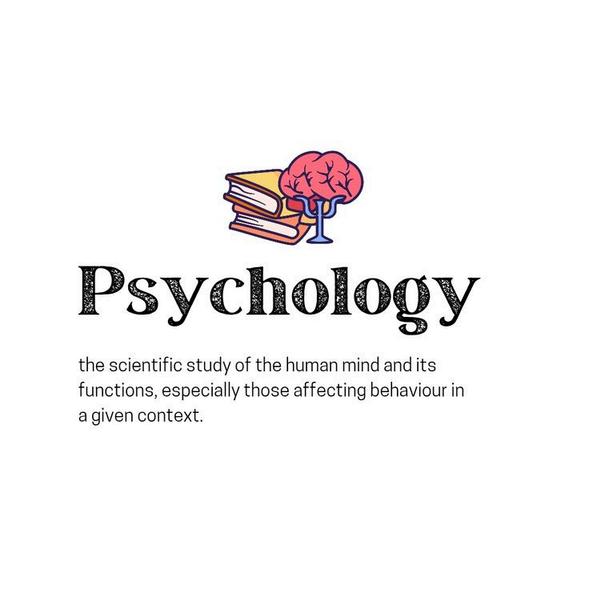

Michaelmas Term
Topic
Unit1: Spoken expression and response
Key Skills

Speaking and discussion on a chosen topic: Quality of language (Accuracy)
Quality of language (Range of lexis)
Spontaneity and development
Understanding (A02)
Knowledge and understanding (AOl)
Assessment
Exam style internal assessment on Unit 1: speaking and discussion.

Lent Term
Topic
Unit2: Understanding and written response
Key Skills
Listening, reading and writing.
Assessment

Exam style internal assessment on Unit 2: listening, reading and writing.
SummerTerm
Topic
Dependant on student taking IAS or IA2
Key Skills
N/A
Assessment
N/A


Wellington College
International School Bangkok 18 Krungthep Kreetha Road, Thap Chang, Saphan Sung, Bangkok
info@wellingtoncollege.ac.th 02 087 8888
wellingtoncollege.ac.th
#WeAreWellington
